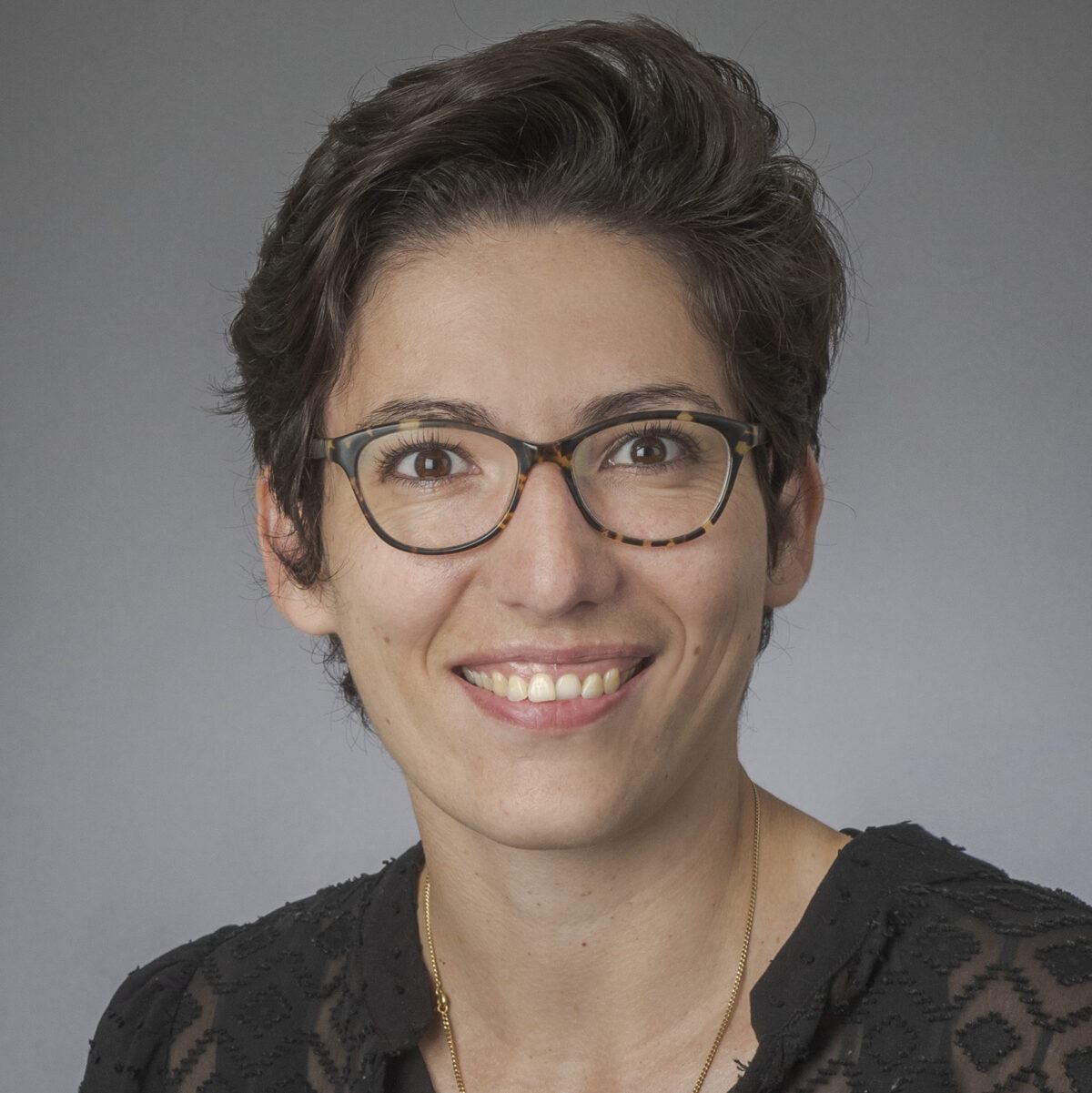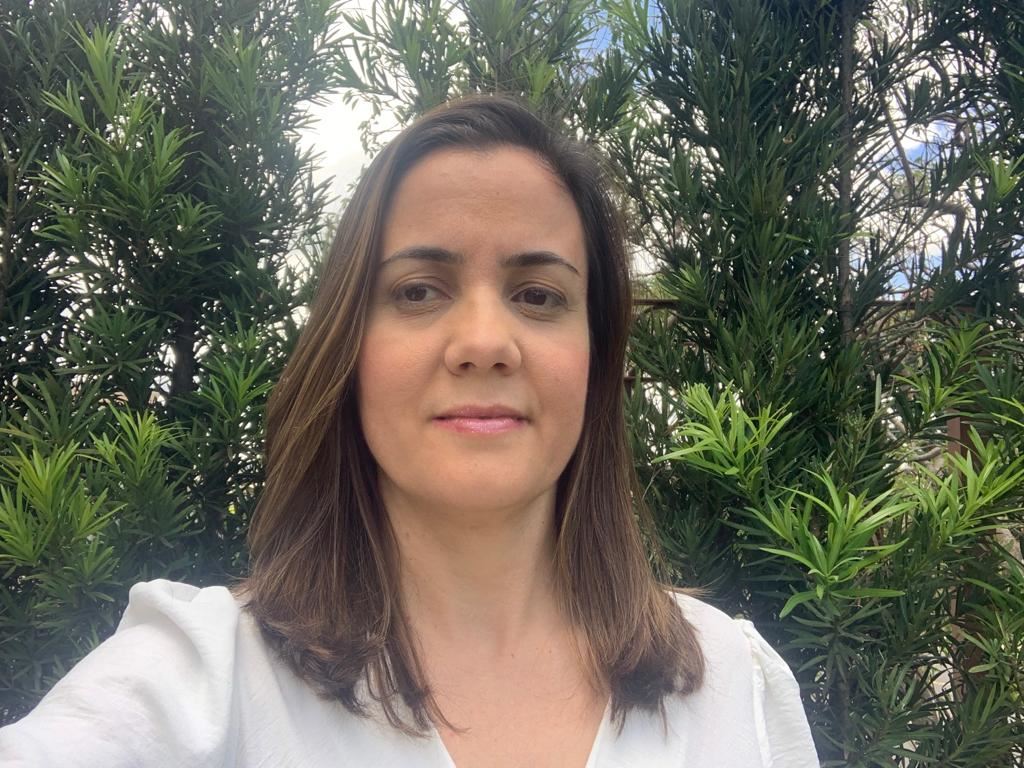|
2023 Diversity Candidates |
Each regional organization (Western, Central, Eastern) has been asked to nominate two (2) candidates to be considered for 'diversity' positions on the HUPO Council. 'Diversity' candidates are nominated by the national/regional proteomics societies with the understanding that the selections should increase the diversity of the HUPO Council from each region (examples: less represented countries as defined by HUPO membership fees, gender balance, young scientists, agricultural and micro-organism proteomic, industry). The Western region nominated two diversity candidates so their remaining three Council seats will be filled by the general election. This year, the Central and Eastern regions did not submit any diversity candidates so their five Council seats will be filled by the general election. Candidates are listed alphabetical by surname. Marie Brunet Assistant Professor, University of Sherbrooke, Canada  Marie A. Brunet, DVM, PhD, is an assistant professor in the Medical Genetics Service of the Department of Pediatrics at the University of Sherbrooke. Pr Brunet qualified as a Doctor of Veterinary Medicine in Paris (France) where she grew a strong interest for biomedical research. She later completed her PhD at the University of Cambridge (UK) under a prestigious Gates Cambridge scholarship. She pursued her passion for understanding biological systems through functional proteomics during her postdoctoral training in the Department of Biochemistry and Functional Genomics at the University of Sherbrooke. There, she became fascinated by the secrets still hidden in our genomes: coding sequences that have eluded annotation but are important biological entities. She discovered the dual-coding nature of the FUS gene and its implication for Amyotrophic Lateral Sclerosis (ALS). She co-developed OpenProt, the first proteogenomics resource enforcing a polycistronic annotation model of eukaryotic genomes, which is now co-led by her group and that of her former supervisor (Pr Xavier Roucou). Now, heading her own group at the University of Sherbrooke since July 2021, her research combines her expertise in genomics, proteomics and deep learning to better current annotations, notably that of pseudogenes. Her team use both fundamental and computational research methods to better explore biological data, unveil the role of pseudogenization in the evolution of our genomes and proteomes, and further our understanding of human diseases, focusing on pediatric cancers and rare diseases. Pr Brunet has a strong commitment to science communication and recently gave a TEDx talk and she serves on the Board of Directors for the Canadian National Proteomics Network. Adriana Paes Leme Researcher/Group Leader, Brazillian Center for Research in Energy and Materials, Brazil
Allow me to provide a brief overview of the primary objectives of my scientific journey. A key focus of mine is to educate, mentor, and train Brazilian researchers and students, while enhancing their integration with the international research network. To this end, I have been leading the Mass Spectrometry Laboratory at the Brazilian Center for Research in Energy and Materials (CNPEM) since 2009. Notably, I have pioneered the Proteomics Workshop for over twelve years, which brings together globally recognized scientists to share invaluable knowledge with the Brazilian scientific community. In 2017, I had the privilege of leading the organization of the Sao Paulo School of Advanced Science on Mass Spectrometry-based Proteomics at CNPEM. This event attracted 87 attendees, with participants hailing from various regions of Brazil and 23 countries worldwide. It is worth highlighting that the attendees received support from The Sao Paulo Research State Foundation (FAPESP). Furthermore, I am deeply committed to bridging the gap between Proteomics and clinical practice through my research endeavors in oral cancer. By integrating diverse areas of expertise, I try to leverage the translation of proteomics into clinical applications. In the HUPO Council, my aim is to expand these initiatives throughout the Western Region. I seek to create more opportunities for knowledge exchange among students and researchers, with a particular emphasis on supporting women and mothers who aspire to pursue and establish careers in science, despite the challenges posed by various circumstances. I kindly request your vote to enable me to contribute to the advancement of proteomics and foster a vibrant scientific community in the Western Region. Together, collaborating with HUPO, we can effect positive change and empower aspiring scientists to realize their full potential. Central Region - Diversity CandidatesThe Central region did not submit any diversity candidates in 2023 so their five Council seats will be filled by the general election. |

 I am delighted to announce my candidacy for the position on the HUPO Council representing the Western Region. I firmly believe that, based on my professional accomplishments and my deep commitment to making a meaningful impact, I can represent your interests in this honored Council.
I am delighted to announce my candidacy for the position on the HUPO Council representing the Western Region. I firmly believe that, based on my professional accomplishments and my deep commitment to making a meaningful impact, I can represent your interests in this honored Council.